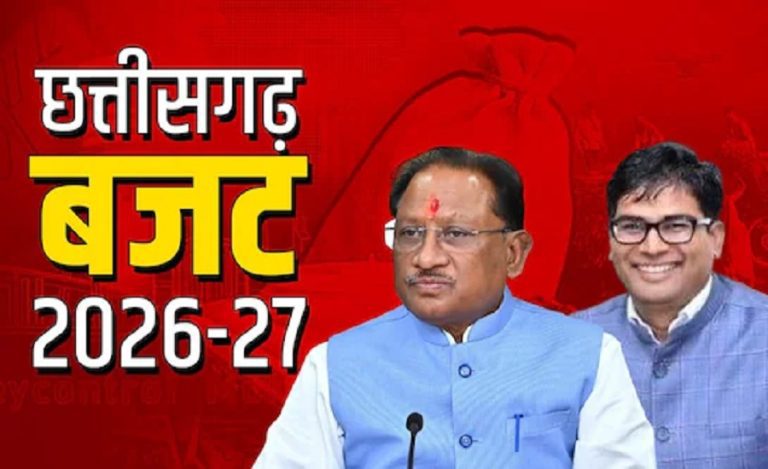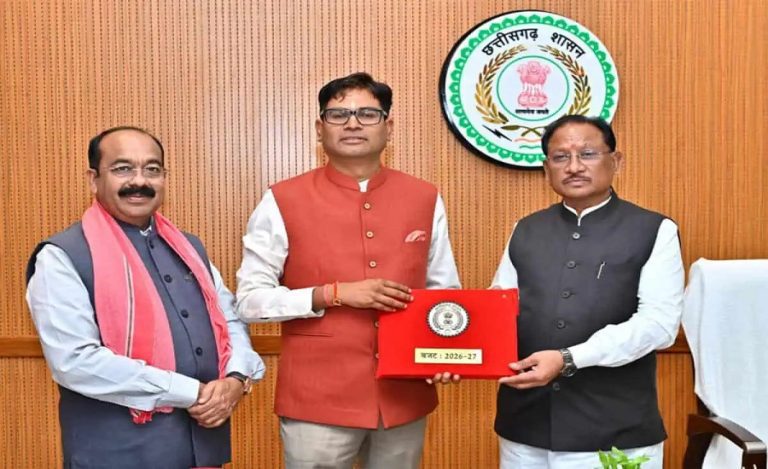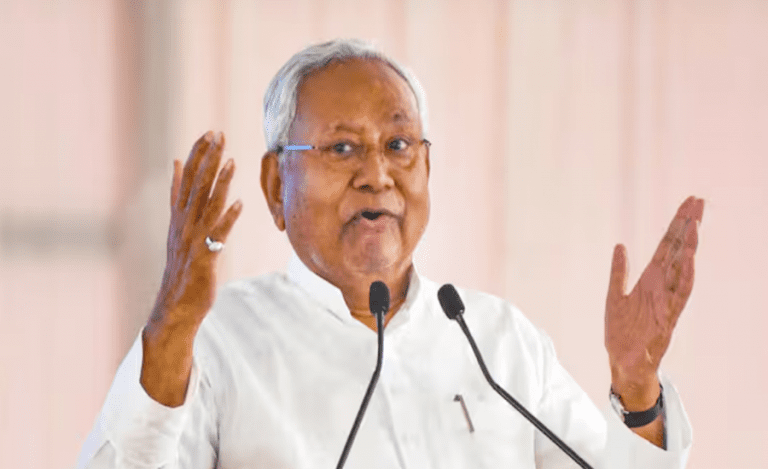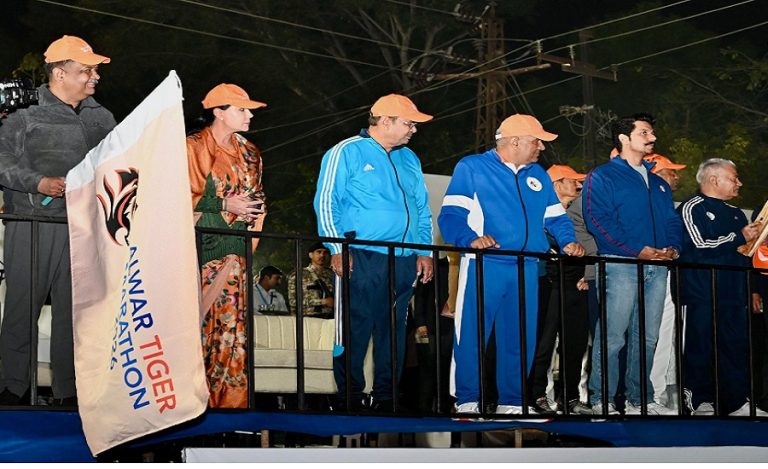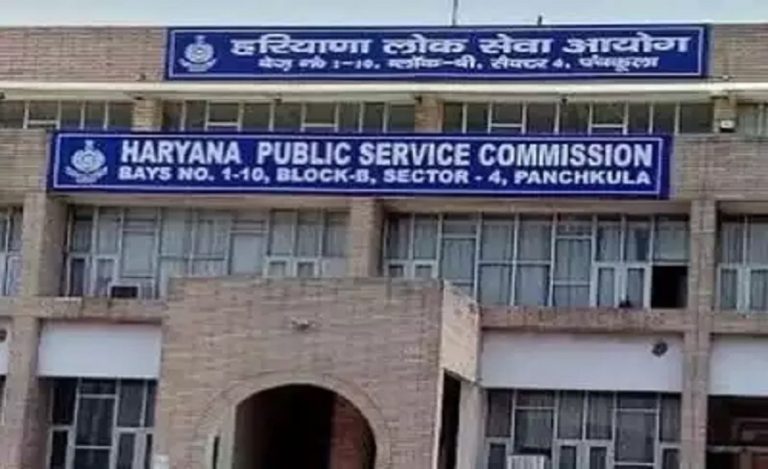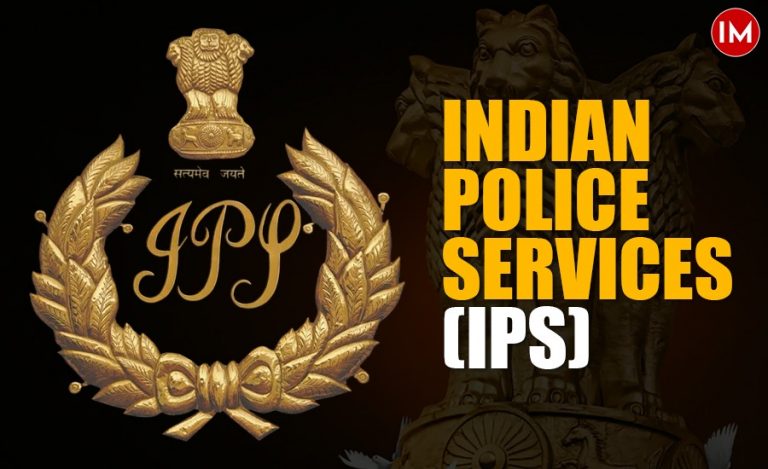New Delhi: In a powerful address to the nation on Monday evening, Prime Minister Narendra Modi described Operation Sindoor as not just a military operation, but a deeply emotional and symbolic act that reflects the collective conscience and resilience of over a billion Indians. The operation, which involved coordinated strikes on nine terrorist camps in Pakistan and Pakistan-occupied Kashmir (PoK), was launched in response to the brutal killing of innocent civilians in Pahalgam on April 22.
“The whole world has witnessed, between the late night of May 6 and the morning of May 7, the transformation of a solemn national pledge into concrete results,” PM Modi said, underscoring the swift and decisive nature of India’s response.
“The Superiority of Made-in-India Warfare: A New Era in National Defense”
PM Modi stated that the world witnessed how Pakistan’s drones and missiles were scattered like straws in the face of India’s might. He emphasized that India’s robust air defense system intercepted and destroyed them mid-air. While Pakistan had prepared for conflict at the border, India struck directly at the heart of its operations.
Asserting that India has consistently defeated Pakistan on the battlefield, and Operation Sindoor has added a new dimension to the nation’s military prowess, PM Modi highlighted India’s remarkable capability in both desert and mountainous warfare while also establishing superiority in New Age Warfare. He emphasized that during the operation, the effectiveness of Made in India defense equipment was decisively proven. He remarked that the world is now witnessing the arrival of Made in India defense systems as a formidable force in 21st-century warfare.
“We will assess every step taken by Pakistan“
Prime Minister Narendra Modi reiterated, “I am stating once again that we have temporarily suspended our retaliatory actions against Pakistan’s terrorist and military bases. In the coming days, we will assess every step taken by Pakistan based on the actions it chooses to pursue.” He emphasized, “This is certainly not the era of war, but it is also not the era of terrorism. Zero tolerance against terrorism is the foundation of a better world. The way in which the Pakistani army and government continue to nurture terrorism will one day lead to Pakistan’s own destruction. If Pakistan is to survive, it must dismantle its terror infrastructure.”
The Prime Minister made India’s stance clear: “Terror and dialogue cannot coexist. Terror and trade cannot coexist. And… water and blood cannot flow together either.”
“Operation Sindoor is a Pledge of Justice”
“Operation Sindoor is not just a name,” PM Modi emphasized, “It is a reflection of the feelings of crores of people of the country. It is an unbroken pledge of justice.” He dedicated the operation to every mother, sister, and daughter of India, affirming that the mission was aimed at restoring the dignity and security of Indian citizens.
“Pakistan Began Seeking Ways to De-escalate”
PM Said that India’s drones and missiles carried out precision strikes, inflicting significant damage on key Pakistani Air Force bases – assets that Pakistan had long taken pride in. He emphasized that within the first three days, India delivered such a decisive blow that Pakistan was left stunned and unprepared. Following these aggressive actions, Pakistan began seeking ways to de-escalate. On the afternoon of May 10, after suffering substantial losses, the Pakistani Army reached out to India’s Director General of Military Operations (DGMO).
According to PM, Pakistan was compelled to provide assurances that no further terrorist activity or military aggression would be initiated from its side. After careful deliberation, India made the decision to temporarily suspend its operations against Pakistan’s terrorist infrastructure and military establishments. However, the Prime Minister made it clear that India remains vigilant and will continue to closely monitor Pakistan’s actions moving forward.
Decisive Strikes on Terrorist Bases
PM Modi stated that India’s decisive strikes on terrorist bases stunned Pakistan, throwing its leadership into a state of panic. Instead of supporting India’s efforts to combat terrorism, Pakistan retaliated by targeting religious sites, schools, civilian homes, and military installations. However, this aggression only served to highlight Pakistan’s vulnerabilities. The world witnessed how its missiles and drones were swiftly neutralized by India’s advanced and resilient defense systems, and how their attempted invasion crumbled like a house of cards. While Pakistan focused on striking India’s borders, India responded with strategic precision, targeting key infrastructure and delivering a powerful message.
Nation United in Grief and Resolve
Recollecting the harrowing Pahalgam terror attack, the Prime Minister said, “The brutality shown by terrorists in Pahalgam was a great pain for me. Asking innocent tourists about their religion and then killing them in front of their families and children – this was not just an act of terror, it was a direct attempt to rupture the social harmony of our nation.”
He added that the entire nation – irrespective of political, social, or religious divisions – came together in demanding a strong response.
No Tolerance for Nuclear Blackmail
The Prime Minister outlined three key pillars of India’s security doctrine; firstly the Decisive Retaliation, when Any terrorist attack on India will be met with a strong and resolute response. India will retaliate on its own terms, targeting terror hubs at their roots. The second is No Tolerance for Nuclear Blackmail; India will not be intimidated by nuclear threats. Any terrorist safe haven operating under this pretext will face precise and decisive strikes. Third pillar being No Distinction Between Terror Sponsors and Terrorists; India will no longer see terrorist leaders and the governments sheltering them as separate entities.
He pointed out that during Operation Sindoor, the world once again witnessed Pakistan’s disturbing reality – senior Pakistani military officials openly attending funerals of eliminated terrorists, proving Pakistan’s deep involvement in state-sponsored terrorism. The Prime Minister reaffirmed that India will continue taking decisive steps to safeguard its citizens against any threat.
Armed Forces Empowered, Acted with Bravery
PM Modi confirmed that the Indian Armed Forces had been given complete operational freedom to act decisively against terror infrastructure across the border. “Our brave soldiers have shown unparalleled valor in accomplishing the goals of Operation Sindoor,” he said, while saluting the armed forces, intelligence agencies, and scientists involved in the mission.
“In these past few days, the country has witnessed both strength and restraint. Our forces, with surgical precision, targeted the epicenters of terror that have long threatened peace in the region.”
Retaliation Policy Strengthened
Reiterating India’s robust stance against cross-border terrorism, the Prime Minister stated, “India will no longer remain silent. If a bullet is fired from across the border, it will be answered with a shell.”
This marks a significant shift in India’s defense posture and underscores a no-tolerance policy towards terror emanating from Pakistani soil.
A Turning Point in India’s Anti-Terror Strategy
Political analysts are calling Operation Sindoor a strategic and psychological blow to terror outfits operating from across the border. By directly targeting the training camps, India has demonstrated not only military superiority but also the political will to retaliate swiftly and decisively.
This is the first time PM Modi has addressed the nation since the operation. As in previous critical moments such as the demonetization announcement or the COVID-19 lockdown, his 8 PM speech reflected the gravity and national importance of the issue.
Public Sentiment and Reactions
Public sentiment has been largely supportive, with citizens expressing pride and solidarity with the armed forces. Social media was flooded with tributes to the martyrs of Pahalgam and messages of gratitude to the Indian military.
The nation now watches closely for Pakistan’s response, even as international observers assess the broader regional implications of India’s assertive stance.


